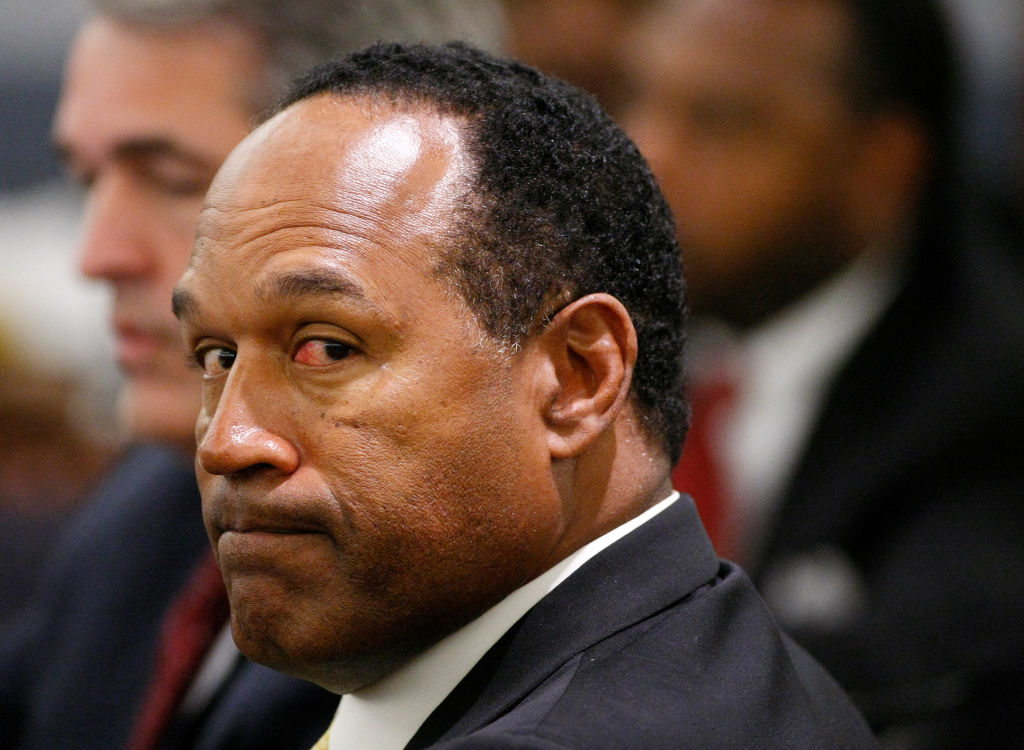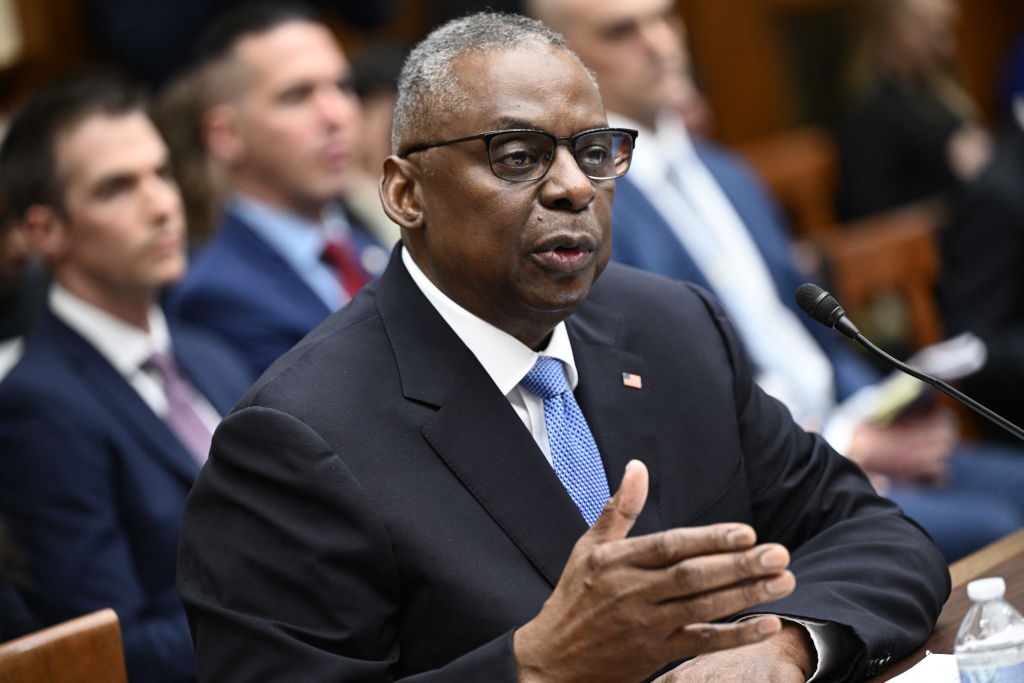Listeners:
Top listeners:
-
play_arrow
We Boss Radio True Hip Hop and R&B
Great Music Is Great Music ...Regardless of who the artist is.
O.J. Simpson And Other Notable Black People Who Died From Prostate Cancer


Source: ETHAN MILLER / Getty
From the criminal justice system to race relations and beyond, the death of football legend-turned-acquitted murderer O.J. Simpson has placed a spotlight on a number of issues.
But perhaps none of them are as immediately urgent to Black people as Simpson’s cause of death — prostate cancer, which is a disproportionate killer, particularly of Black men.
The man born as Orenthal James Simpson died at 76 on Wednesday, his family confirmed fewer than two months after it was revealed he was undergoing chemotherapy for the curable illness.
On April 10th, our father, Orenthal James Simpson, succumbed to his battle with cancer.
He was surrounded by his children and grandchildren.
During this time of transition, his family asks that you please respect their wishes for privacy and grace.
-The Simpson Family
— O.J. Simpson (@TheRealOJ32) April 11, 2024
But it was unclear how far advanced Simpson’s prostate cancer was when it was first detected, a key factor in being able to successfully treat the disease.
Black men are 70% more likely to develop prostate cancer in their lifetime and twice as likely to die from the disease, according to The Memorial Sloan Kettering (MSK) Cancer Center. Delays between screening, diagnosis and treatment often contribute to the huge health disparity.
“The higher risk may be related to social and environmental issues involving nutrition, access to health care, and exposure to environmental pollutants,” Vincent Laudone, MSK’s Chief of Surgery at the Josie Robertson Surgery Center says. “Disparities in outcomes also can be affected by differences in when the cancer is diagnosed and how the men are treated after diagnosis.”
Many Black men may refrain from undergoing prostate cancer screening due to a combination of factors, including fear and mistrust of the healthcare system, lack of insurance, and insufficient knowledge about prostate treatment and screening, according to the American Cancer Association. The screening process can be daunting and uncomfortable for some patients if they are selected to undergo a Digital Rectal Examination (DRE) which is when a healthcare provider examines the rectum to check for abnormal growth and inflammation, but screenings and early prevention can save lives.
In recent months, U.S. Department of Defense Secretary Lloyd Austin emerged as an example of what can happen when prostate cancer gets detected early. Despite a small controversy over how he kept his cancer diagnosis private, Austin, 70, urged Americans and particularly Black people to take steps to ensure their health. He also said that he had regrets for not being more vocal about his diagnosis and pointed to data showing how many other Black and aging men face the same health challenges.

U.S. Defense Secretary Lloyd Austin testifies during a House Committee on Armed Services hearing on Capitol Hill in Washington, D.C., on February 29, 2024, to examine the circumstances of the failure to communicate his absence during his recent hospitalization. | Source: BRENDAN SMIALOWSKI / Getty
“I was being treated for prostate cancer. The news shook me, and I know that it shakes so many others, especially in the Black community,” Austin said in February. “It was a gut punch, and frankly my first instinct was to keep it private.”
He continued: “I was diagnosed with a highly treatable form of cancer, a pretty common one. One in eight American men will get prostate cancer, one in six Black men will get it. And so I’m here with a clear message to other men, especially older men: Get screened, get your regular check-ups, prostate cancer has a glass jaw. If your doctor can spot it, they can treat it and beat it.”
Austin was one of the lucky ones, as there have already been this year a number of high profile Black people who have died from the disease.
Scroll down and keep reading to find a growing list of notable Black people who have not only been diagnosed with prostate cancer but have also died because of it.
The post O.J. Simpson And Other Notable Black People Who Died From Prostate Cancer appeared first on NewsOne.
The post O.J. Simpson And Other Notable Black People Who Died From Prostate Cancer appeared first on Black America Web.
Powered by WPeMatico
Written by: weboss2022
Similar posts
-

California senators give updates on how they are fighting to preserve Altadena's historic community and legacy of Black homeownership. Read More

Hannah Cobb has been arrested and charged with involuntary manslaughter in the death of her Black boyfriend Telvin Osborne. Read More

During a recent conference, photographers focused on Donald Trump’s right hand, which appeared to have a large brown bruise with yellow discoloration around it. It sparked a ton of speculation online about the president's health. Read More

A Southwest Airlines flight was forced to abort its landing at Chicago Midway International Airport Tuesday morning after a private jet unexpectedly taxied onto the runway nearly causing a collision, according to reports from CNN and the Federal Aviation Administration Read More
@2024 Copyright We Boss Radio - All Rights Reserved



